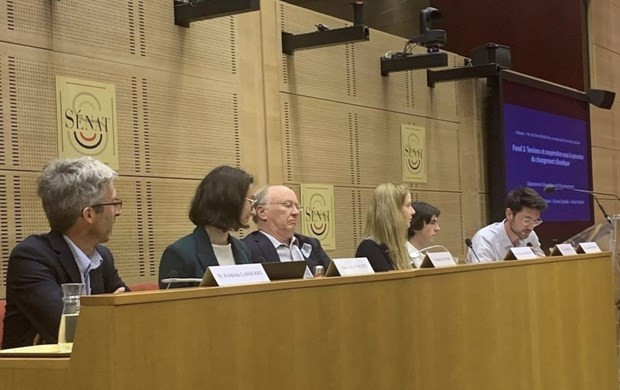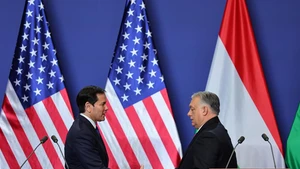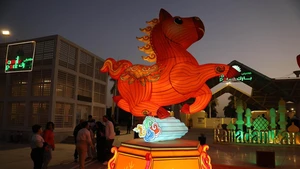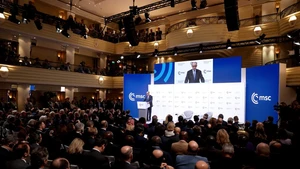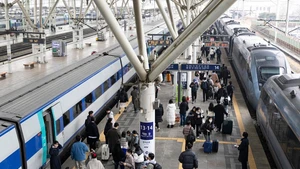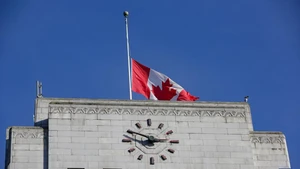The event, organised by the France-based Institute for Applied Geopolitical Studies (EGA), attracted more than 120 participants, including some senators, specialists from the Ministry for Europe and Foreign Affairs and the Ministry of Interior of France, along with researchers of international relations, military strategies and defence policies.
They discussed the Indo-Pacific space in the light of the 1982 United Nations Convention on the Law of the Sea (UNCLOS), the East Sea/South China Sea as an epicentre of the security issue, climate change as a crisis factor in the Indo-Pacific region, along with the regional political stage and the role of France.
EGA President Alexandre Negrus said his institute held this workshop because the East Sea is a region always facing latent risks, pointing out that disputes and tensions in the waters are among complicated issues that can easily turn into a hotspot in the world.
Therefore, countries, including France, should be fully aware of the role and importance of this region, as well as emerging risks and challenges. The workshop did not intend to resolve the issue but hoped to provide more information about international law, especially the 1982 UNCLOS, to help ease risks of tensions, he noted.
At the event, speakers gave updated information and warnings about possible negative developments in the East Sea. They also emphasised the importance of ensuring peace, stability, security, and freedom of navigation in the East Sea, along with the necessity for respecting and implementing the 1982 UNCLOS and the regional countries’ commitments, including the 2002 Declaration on the Conduct of Parties in the East Sea (DOC).
They also called on France, the European Union, and the world to bring into play their roles in settling differences and disputes in the region on the basis of international law and the 1982 UNCLOS, and expanding cooperation frameworks in all fields for this region.
